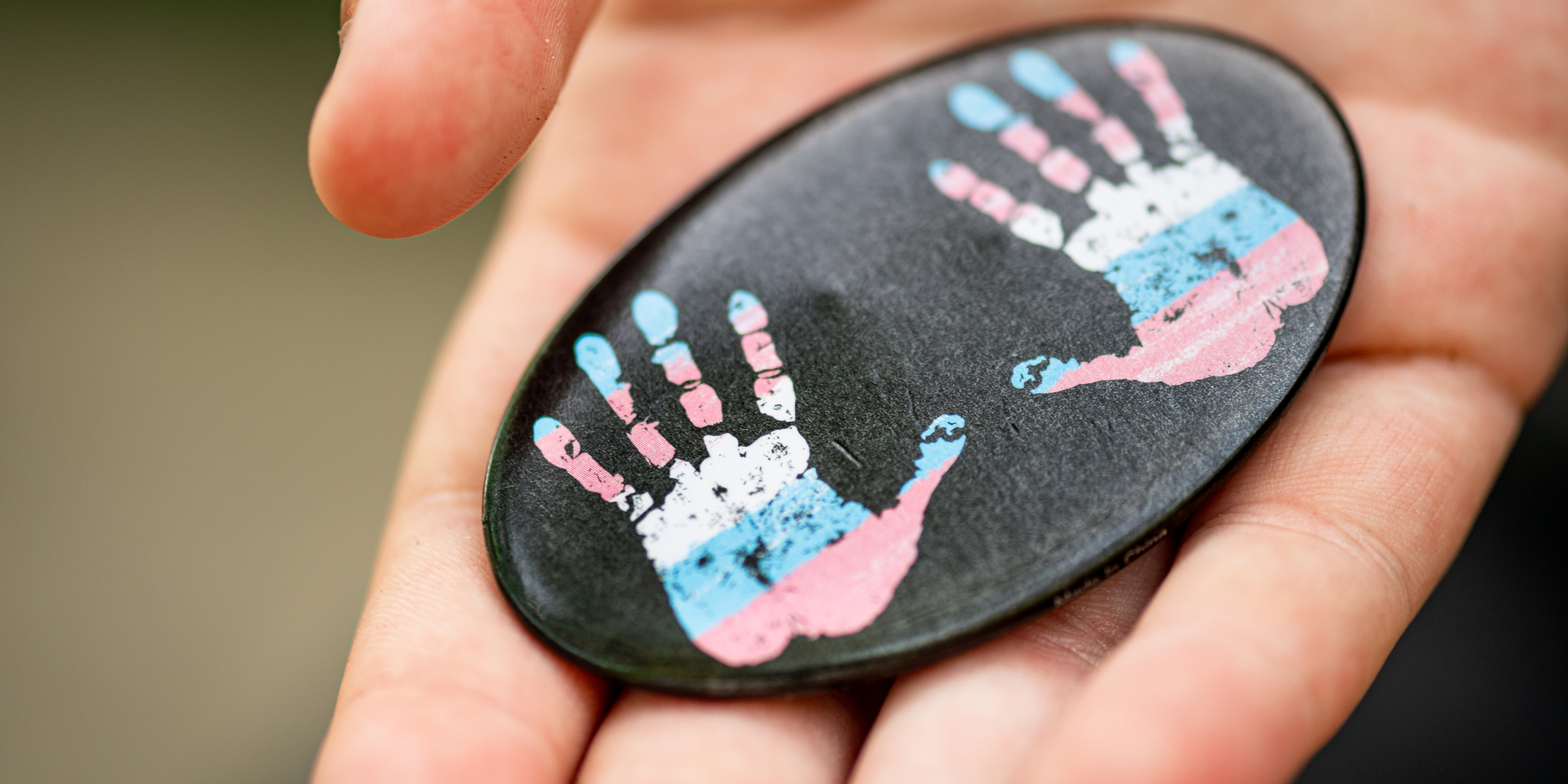On November 20, Michigan State University (MSU) observes the Transgender Day of Remembrance (TDOR), a significant day dedicated to honoring transgender individuals who have fallen victim to anti-transgender violence. Established in 1999, TDOR serves as a poignant reminder of the ongoing struggles faced by the transgender community and highlights the urgent need for societal change.
The observance originated from the efforts of renowned transgender activist Gwendolyn Ann Smith, who held a vigil for Rita Hester, a transgender woman murdered in 1988. Hester’s tragic death ignited a movement aimed at acknowledging and memorializing those lost to violence motivated by hate. Since its inception, the number of vigils and events has progressively increased, reflecting the deepening commitment to raise awareness and advocate for the rights of the transgender community.
Events and Activities at MSU
MSU’s celebration of TDOR includes a week of events from November 17 to 22, organized by the Gender and Sexuality Campus Center (GSCC). These activities aim to foster a sense of community, solidarity, and recognition of the lives and challenges faced by transgender individuals. One of the key highlights is the TDOR Banquet on November 20, which will feature dinner from Woody’s Oasis, speakers from the student and local community, and a reading of names of those who have lost their lives to violence.
This year also marks the introduction of the Winter Gayla, coordinated by the student organization TransAction. This event is particularly anticipated as it provides a space for community members to come together, not only to mourn but also to celebrate queer identity. As a coordinator at the GSCC stated, “There has to be joy in the context of sorrow.” The Winter Gayla will include a silent auction, with proceeds directed toward funding a memorial bench for transgender and nonbinary students at MSU.
The Ongoing Fight Against Anti-Trans Violence
Transgender Day of Remembrance is more than a day of commemoration; it represents a collective movement aimed at tackling the pervasive issue of anti-trans violence. Unfortunately, many incidents targeting gender nonconforming individuals go unreported each year, contributing to a climate of fear within the transgender community. The intersectionality of race and gender further complicates this issue, as transgender women of color experience disproportionately high rates of violence.
With new names being added to the list of those memorialized each year, TDOR serves as a powerful platform for raising awareness and advocating for systemic change. The events at MSU underscore the importance of community support and allyship in creating a safer environment for transgender individuals.
As participants come together to honor those lost to violence, the message is clear: the fight for dignity, respect, and safety for all transgender individuals must continue beyond this day of remembrance. For more information on resources and support, the GSCC encourages individuals to visit their website at gscc.msu.edu.







